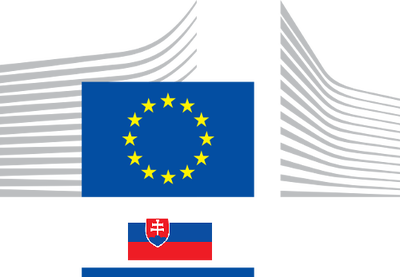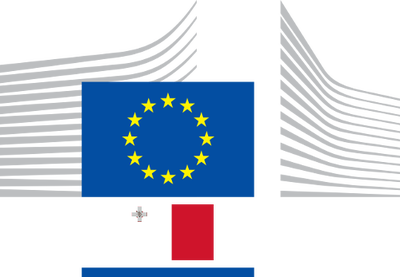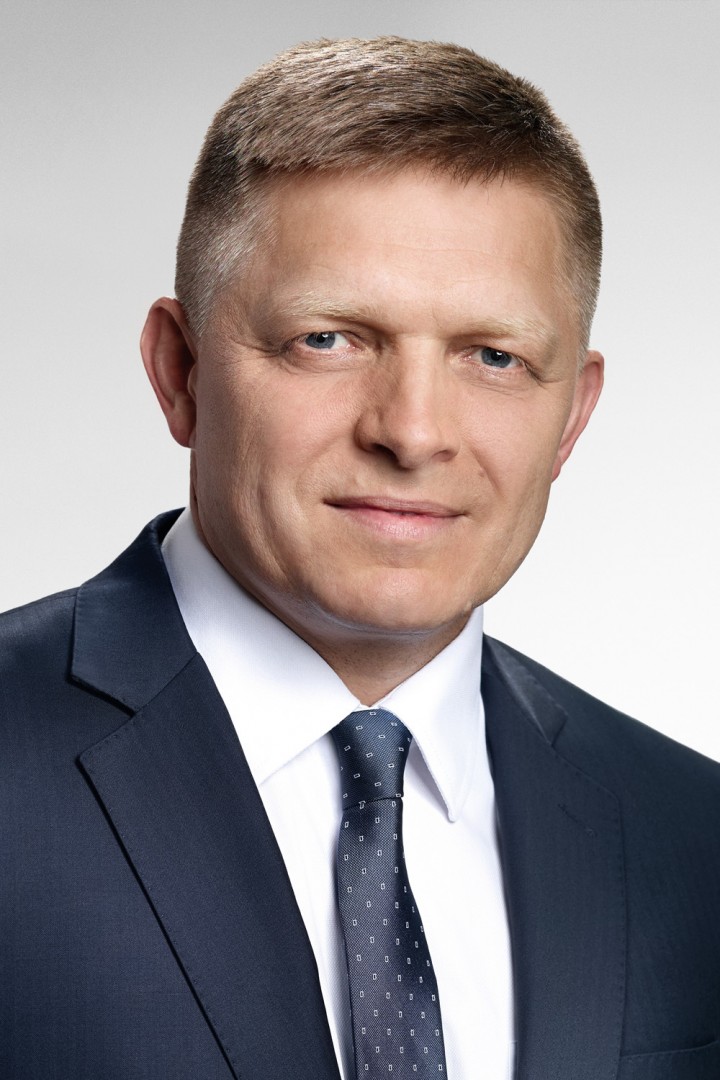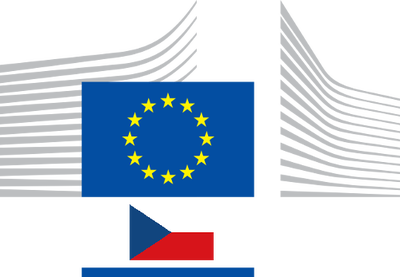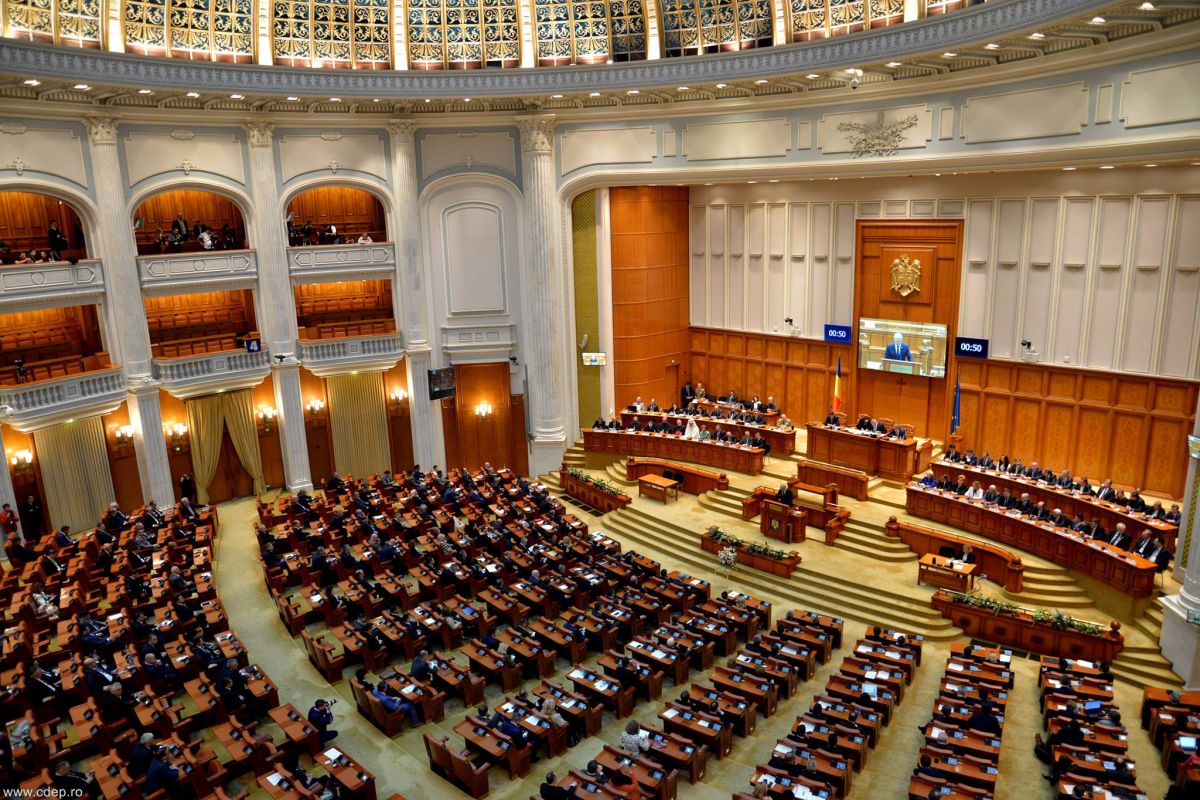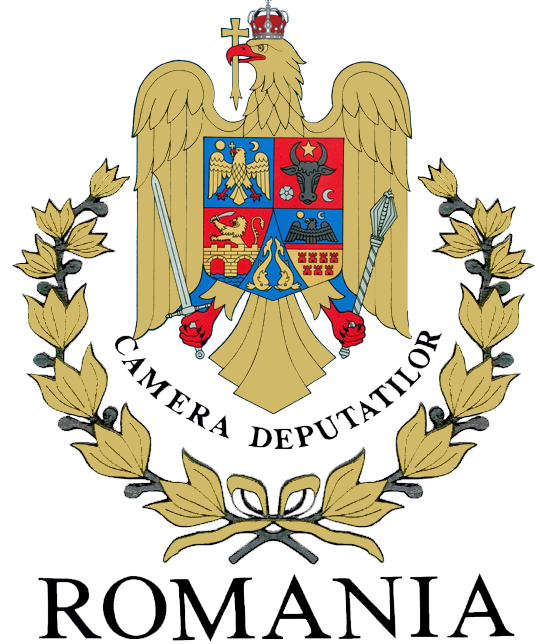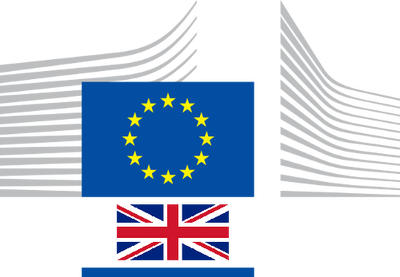
漢德百科全書 | 汉德百科全书
 欧洲联盟
欧洲联盟
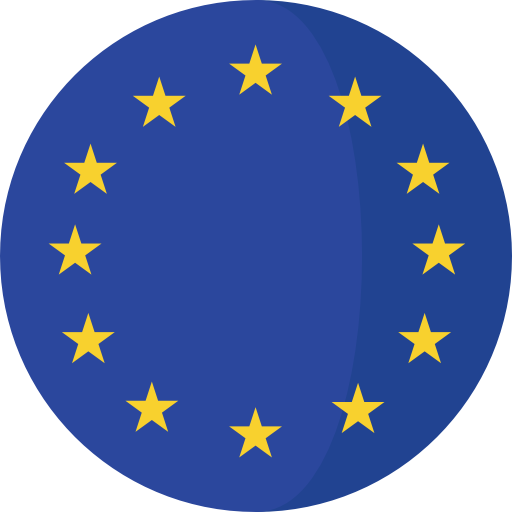

 欧洲联盟
欧洲联盟
 欧盟的历史
欧盟的历史

 欧洲联盟
欧洲联盟
 *创始国
*创始国
 欧洲流行歌曲大赛
欧洲流行歌曲大赛

 财政金融
财政金融
 ***全球金融中心
***全球金融中心

 地理
地理

 地理
地理
 ***IMF发达国家
***IMF发达国家

 历史
历史
 公元 1500 - 2000
公元 1500 - 2000

 历史
历史
 公元 2000 - 2100
公元 2000 - 2100

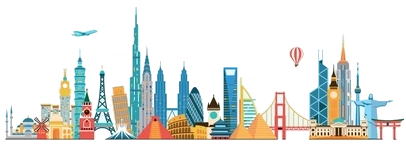 国际城市
国际城市
 *欧洲文化之都
*欧洲文化之都

 国际城市
国际城市
 欧洲城市
欧洲城市
 IMF发达国家
IMF发达国家
 IMF发达国家
IMF发达国家
 第六级
第六级
 卢森堡
卢森堡

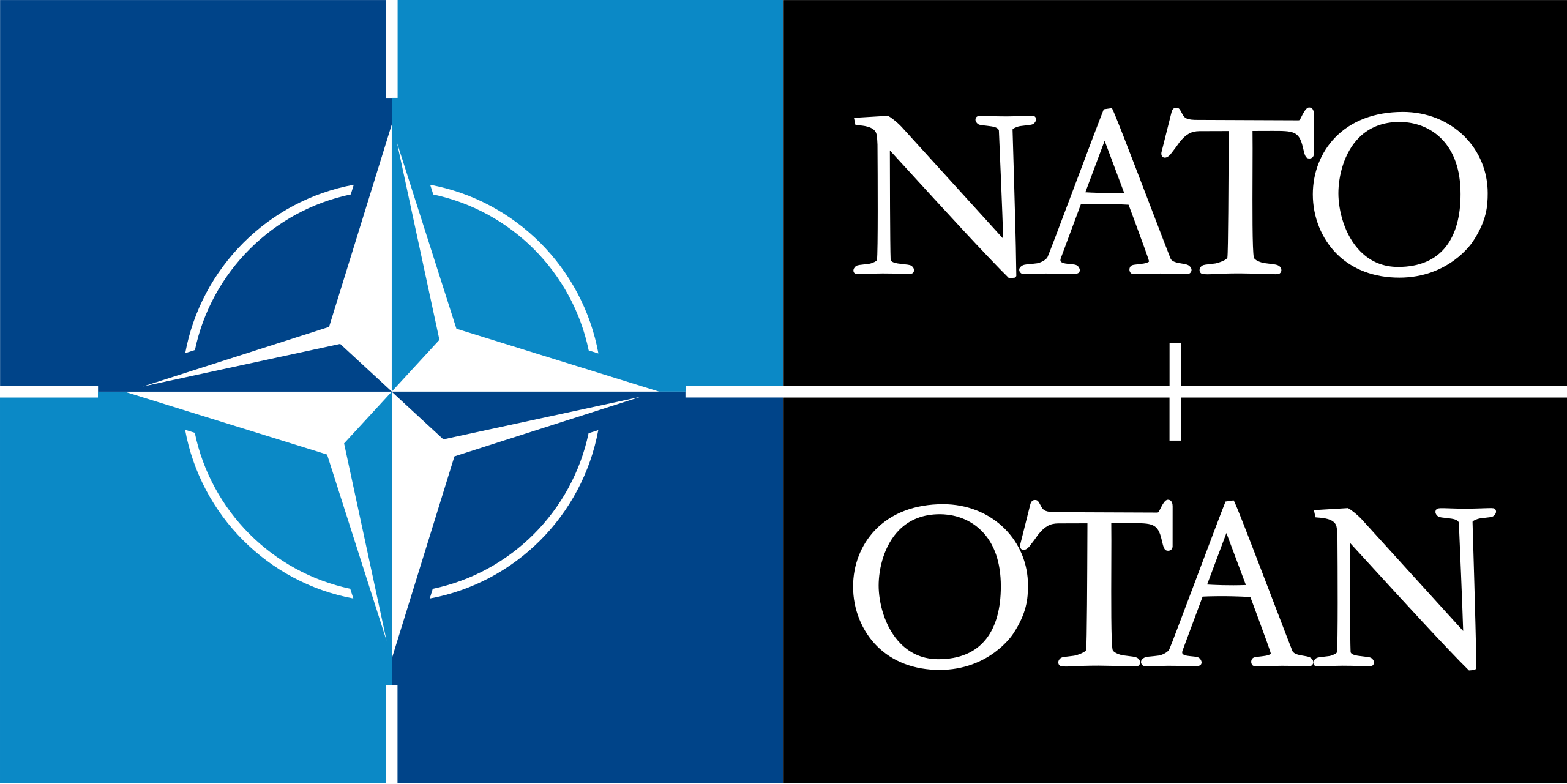 北约会员国
北约会员国

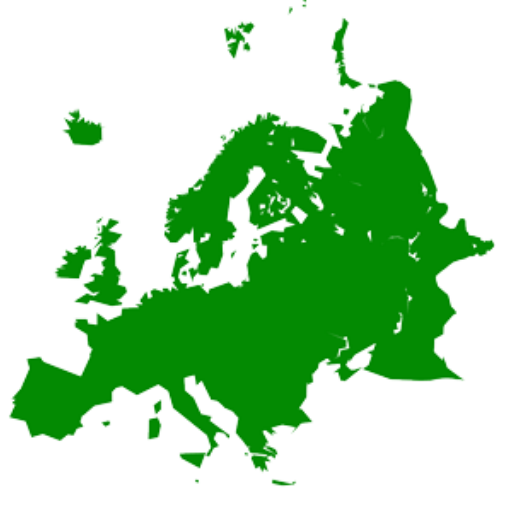 欧洲国家
欧洲国家
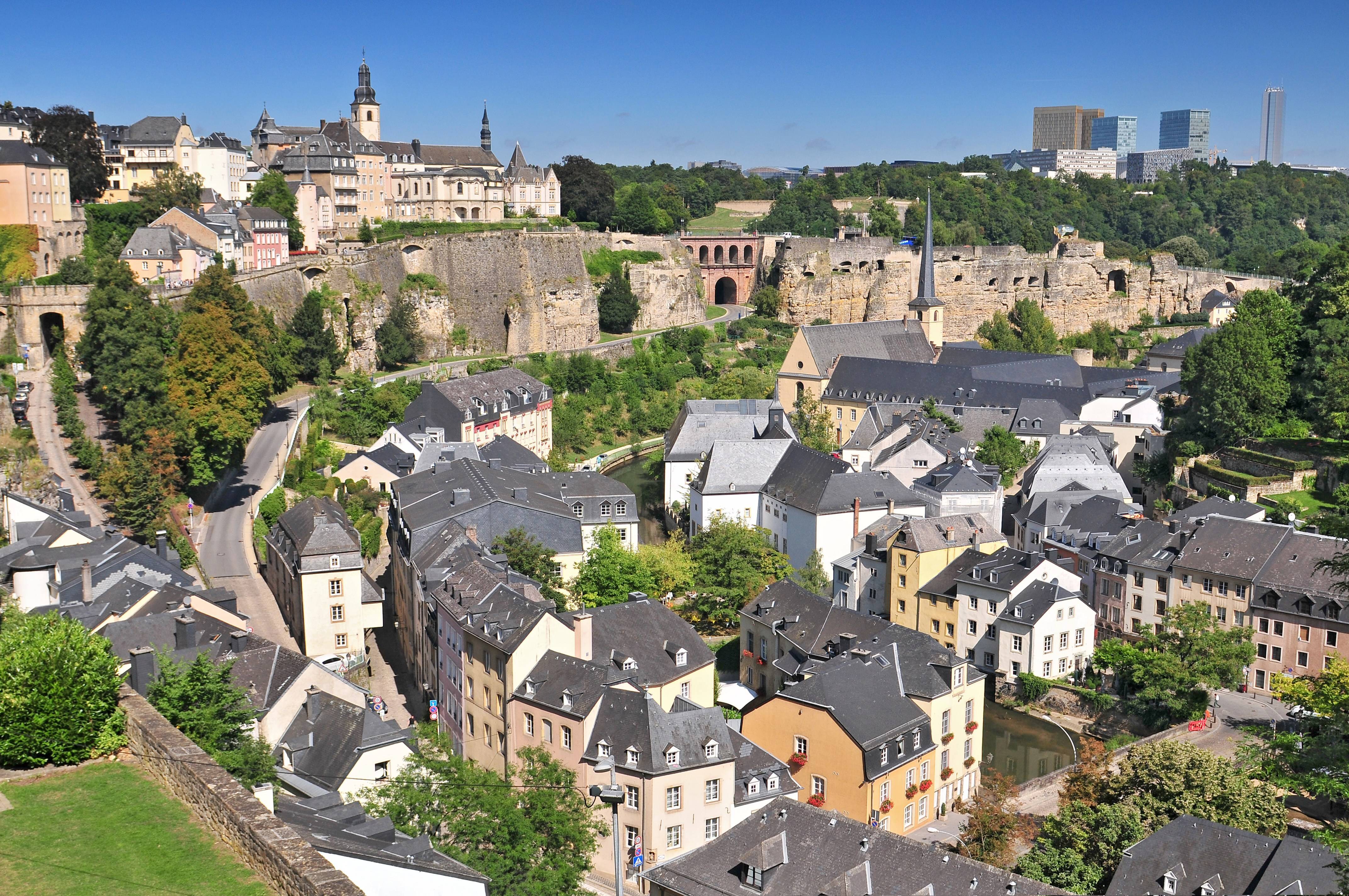

Das Großherzogtum Luxemburg (luxemburgisch Groussherzogtum Lëtzebuerg [ˈgʀəʊsˌhɛχtsoːktuːm ˈlətsəbuəɕ], französisch Grand-Duché de Luxembourg [ɡʁɑ̃ dyʃe də lyksɑ̃buʁ]) ist ein demokratischer Staat in Form einer parlamentarischen Monarchie[1] im Westen Mitteleuropas. Es ist das letzte Großherzog- bzw. Großfürstentum (von einst zwölf) in Europa. Das Land gehört zum mitteldeutschen Sprachraum. Landessprache ist Luxemburgisch, Verwaltungs- und Amtssprachen sind Französisch, Deutsch und Luxemburgisch. Gemeinsam mit seinem Nachbarn Belgien und mit den Niederlanden bildet Luxemburg die Beneluxstaaten.
卢森堡大公国(卢森堡语:Groussherzogtum Lëtzebuerg,法语:Grand-Duché de Luxembourg,德语:Großherzogtum Luxemburg),简称“卢森堡”,位于欧洲西北部,被邻国法国、德国和比利时包围,是一个内陆小国,也是现今欧洲大陆仅存的大公国,首都卢森堡市。因国土小、古堡多,又有“袖珍王国”、“千堡之国”的称呼 。
卢森堡地形富于变化,在历史上又处于德法要道,地势险要,一直是西欧重要的军事要塞,有北方直布罗陀的称号 。
卢森堡是一个高度发达的资本主义国家,也是欧盟和北约创始成员国之一,拥有欧盟多个下设机构,如欧洲法院、欧洲审计院以及欧洲投资银行,被称为继布鲁塞尔和斯特拉斯堡之后的欧盟“第三首都”。同时是高度发达的工业国家,还是欧元区内最重要的私人银行中心,及全球第二大仅次于美国的投资信托中心。金融、广播电视、钢铁是其三大经济支柱产业,该国失业率极低,人均寿命80岁。
卢森堡大公国(卢森堡语:Groussherzogtum Lëtzebuerg[注 1];法语:Grand-Duché de Luxembourg; 德语:Großherzogtum Luxemburg[注 2]),通称卢森堡(卢森堡语:Lëtzebuerg;法语:Luxembourg;德语:Luxemburg),被邻国法国、德国和比利时包围,是一个位于欧洲的内陆国家,也是现今欧洲大陆仅存的大公国,首都卢森堡市。卢森堡是欧盟成员国,因境内有欧洲法院、欧洲审计院、欧洲投资银行等多个欧盟机构被称为继布鲁塞尔和斯特拉斯堡之后的欧盟“第三首都”。
ルクセンブルク大公国(ルクセンブルクたいこうこく)、通称ルクセンブルクは、西ヨーロッパに位置する立憲君主制国家。首都は国名と同名のルクセンブルク市。隣接国は、南のフランス、西と北のベルギー、東のドイツである。ベルギー、オランダと併せてベネルクスと呼ばれる。
Luxembourg (/ˈlʌksəmbɜːrɡ/ ( listen)) (Luxembourgish: Lëtzebuerg [ˈlətsəbuə̯ɕ] (
listen)) (Luxembourgish: Lëtzebuerg [ˈlətsəbuə̯ɕ] ( listen); French: Luxembourg ; German: Luxemburg), officially the Grand Duchy of Luxembourg,[note 2] is a small landlocked country in western Europe. It is bordered by Belgium to the west and north, Germany to the east, and France to the south. Its capital, Luxembourg City, together with Brussels and Strasbourg, is one of the three official capitals of the European Union[6] and the seat of the European Court of Justice, the highest judicial authority in the EU. Its culture, people, and languages are highly intertwined with its neighbours, making it essentially a mixture of French and German cultures, as evident by the nation's three official languages: French, German, and the national language, Luxembourgish (sometimes considered a dialect of German). The repeated invasions by Germany, especially in World War II, resulted in the country's strong will for mediation between France and Germany and, among other things, led to the foundation of the European Union.[7]
listen); French: Luxembourg ; German: Luxemburg), officially the Grand Duchy of Luxembourg,[note 2] is a small landlocked country in western Europe. It is bordered by Belgium to the west and north, Germany to the east, and France to the south. Its capital, Luxembourg City, together with Brussels and Strasbourg, is one of the three official capitals of the European Union[6] and the seat of the European Court of Justice, the highest judicial authority in the EU. Its culture, people, and languages are highly intertwined with its neighbours, making it essentially a mixture of French and German cultures, as evident by the nation's three official languages: French, German, and the national language, Luxembourgish (sometimes considered a dialect of German). The repeated invasions by Germany, especially in World War II, resulted in the country's strong will for mediation between France and Germany and, among other things, led to the foundation of the European Union.[7]
With an area of 2,586 square kilometres (998 sq mi), it is one of the smallest sovereign states in Europe.[8] In 2016, Luxembourg had a population of 576,249, which makes it one of the least-populous countries in Europe,[9] but by far the one with the highest population growth rate.[10] Foreigners account for nearly half of Luxembourg's population.[11] As a representative democracy with a constitutional monarch, it is headed by Grand Duke Henri and is the world's only remaining grand duchy. Luxembourg is a developed country, with an advanced economy and one of the world's highest GDP (PPP) per capita. The City of Luxembourg with its old quarters and fortifications was declared a UNESCO World Heritage Site in 1994 due to the exceptional preservation of the vast fortifications and the old city.[12]
The history of Luxembourg is considered to begin in 963, when count Siegfried I acquired a rocky promontory and its Roman-era fortifications known as Lucilinburhuc, ′little castle′, and the surrounding area from the Imperial Abbey of St. Maximin in nearby Trier.[13][14] Siegfried's descendants increased their territory through marriage, war and vassal relations. At the end of the 13th century, the Counts of Luxembourg reigned over a considerable territory. [15] In 1308, Henry VII, Count of Luxembourg became King of the Germans and Holy Roman Emperor. The House of Luxembourg produced four Holy Roman Emperors at the high time of the Middle Ages. In 1354, Charles IV elevated the County to the Duchy of Luxembourg. Since Sigismund had no male heir, the Duchy became part of the Burgundian Circle and then one of the Seventeen Provinces of the Habsburg Netherlands.[16] Over the centuries, the City and Fortress of Luxembourg, of great strategic importance situated between the Kingdom of France and the Habsburg territories, was gradually built up to be one of the most reputed fortifications in Europe. After belonging to both the France of Louis XIV and the Austria of Maria Theresia, Luxembourg became part of the First French Republic and Empire under Napoleon.[17]
The present-day state of Luxembourg first emerged at the Congress of Vienna in 1815. The Grand-Duchy, with its powerful fortress, became an independent state under the personal possession of William I of the Netherlands with a Prussian garrison to guard the city against another invasion from France. [18] In 1839, following the turmoil of the Belgian Revolution, the purely Oil-speaking part of Luxembourg was ceded to Belgium and the Luxembourgish-speaking part (except the Arelerland, the area around Arlon) became what is the present state of Luxembourg. [19]
The steel industry exploiting the Red Lands' rich iron-ore grounds in the beginning of the 20th century drove the country's industrialisation. ArcelorMittal, the world's largest steel producer with headquarters in Luxembourg City, is still a reminder of these times. After the decline of the steel industry in the 1970s, the country focused on establishing itself as a global financial centre and developed into the banking hub it is reputed for. Since the beginning of the 21st century, its governments have focused on developing the country into a knowledge economy, with the founding of the University of Luxembourg and a national space programme, projecting the first involvement in a robotic lunar expedition by 2020.[20]
Luxembourg is a founding member of the European Union, OECD, United Nations, NATO, and Benelux. The city of Luxembourg, which is the country's capital and largest city, is the seat of several institutions and agencies of the EU. Luxembourg served on the United Nations Security Council for the years 2013 and 2014, which was a first in the country's history.[21] In 2016 Luxembourgish citizens had visa-free or visa-on-arrival access to 172 countries and territories, ranking the Luxembourgish passport 15th in the world, tied with countries such as Canada and Switzerland.[22]
Le Luxembourg, en forme longue le Grand-Duché de Luxembourg2,b,c ou le grand-duché de Luxembourgd, en luxembourgeois Lëtzebuerg et Groussherzogtum Lëtzebuerg, en allemand Luxemburg et Großherzogtum Luxemburg, est un pays d'Europe de l'Ouest sans accès à la mere Il est bordé par la Belgique à l'ouest et au nord, l'Allemagne à l'est, et la France au sud. Il comprend deux régions principales : l'Oesling au nord, qui est une partie du massif des Ardennes, et le Gutland au sud, prolongement de la Lorraine au sens géologique du terme. Le Luxembourg compte 602 005 habitants au 1er janvier 20181, et s'étend sur une superficie de 2 586 km2, faisant de lui l'une des plus petites nations souveraines d'Europe.
Le Luxembourg est une démocratie représentative et une monarchie constitutionnelle avec un grand-duc pour chef d'État, faisant du pays le seul grand-duché encore existant. Son économie dynamique en fait un des pays les plus riches et des plus prospères du monde, avec le PIB par habitant le plus élevé du monde selon le FMI en 2014. L'économie est principalement centrée sur les activités financières (environ la moitié du produit intérieur brut), favorisée par une fiscalité attractive voire dérisoire dans certains domaines (quasi-exonération d'impôts pour les bénéfices issus de l'exploitation de brevets ou de logiciels). La localisation centrale du territoire luxembourgeois en Europe a historiquement fait de lui un lieu d'une grande importance stratégique pour de nombreuses puissances, depuis sa fondation en tant que fortin romain7, son accueil d'un château franc durant le Haut Moyen Âge, et son rôle de bastion pour le chemin des Espagnols entre les XVIe et XVIIe siècles.
Le Luxembourg est le plus petit membre fondateur de l'Union européenne, de la zone euro, de l'OTAN, de l'OCDE, de l'ONU, de l'OSCE, du Conseil de l'Europe8,9,10,11 et du Benelux, reflétant son consensus politique en faveur de l'intégration économique, politique et militaire. La ville de Luxembourg, sa capitale et sa plus grande ville, est le siège de plusieurs établissements et institutions de l'UE. En 2012, le Luxembourg a été élu pour la première fois de son histoire à un siège temporaire au Conseil de sécurité des Nations unies. En raison de sa position géographique, la culture luxembourgeoise est une fusion de l'Europe germanique et romane, intégrant chacune des deux. De ce fait, le Luxembourg est un pays trilingue : le luxembourgeois, le français et l'allemand sont les trois langues officielles et, depuis 1984, le luxembourgeois a légalement le statut de « langue nationale »12.
Il Granducato di Lussemburgo (in francese: le Grand-Duché de Luxembourg; in lussemburghese: Groussherzogtum Lëtzebuerg; in tedesco: Großherzogtum Luxemburg) è un paese membro dell'Unione europea situato tra Germania, Francia e Belgio. È uno stato senza sbocco sul mare.
Membro fondatore dell'Unione europea, della NATO, del Benelux e delle Nazioni Unite, la sua capitale, l'omonima città di Lussemburgo, è sede di numerose istituzioni e agenzie europee oltre ad essere uno snodo finanziario di primaria importanza.
È l'unico granducato rimasto al mondo.
Luxemburgo, oficialmente denominado Gran Ducado de Luxemburgo (luxemburgués: Groussherzogtum Lëtzebuerg, francés: Grand-Duché de Luxembourg, alemán: Großherzogtum Luxemburg), es un pequeño país de Europa Central que forma parte de la Unión Europea. Se trata de un Estado sin litoral, rodeado por Francia, Alemania y Bélgica. Luxemburgo cuenta con una población de medio millón de habitantes sobre un área de 2586 kilómetros cuadrados.1
El gobierno de Luxemburgo es una monarquía constitucional y parlamentaria, siendo el único gran ducado soberano en la actualidad. El Estado tiene una economía altamente desarrollada, con el mayor producto interior bruto por cápita del mundo de acuerdo al Banco Mundial, y el segundo de acuerdo al Fondo Monetario Internacional.
Luxemburgo es miembro de la Unión Europea, la Organización del Tratado del Atlántico Norte, la Organización para la Cooperación y el Desarrollo Económico, las Naciones Unidas y el Benelux, reflejando la orientación política a favor de la integración económica, política y militar. Su capital, Luxemburgo, es sede de numerosas instituciones y agencias de la Unión Europea.
Luxemburgo posee culturas y tradiciones diversas por encontrarse entre la Europa romana y la Europa germánica. El país tiene tres lenguas oficiales: alemán, francés y luxemburgués. La localidad Schengen, que dio su nombre al espacio de Schengen, está ubicada en Luxemburgo.
Люксембу́рг (люксемб. Lëtzebuerg), официально Вели́кое Ге́рцогство Люксембу́рг (люксемб. Groussherzogtum Lëtzebuerg, фр. Grand-Duché de Luxembourg, нем. Großherzogtum Luxemburg) — государство (великое герцогство) в Западной Европе. Граничит с Бельгией на севере, на западе и на юге с Францией, на востоке с Германией, не имеет выхода к морю. Название происходит от древневерхненемецкого «lucilinburch» — «малый город». Общая площадь Люксембурга составляет 2586,4 км², что делает его одним из самых маленьких суверенных государств в Европе[5]. Население на 1 января 2018 года составляет 602 005 человек[2].
Член Европейского союза с 1957 года, также является членом НАТО, ОЭСР и ООН. Вместе с Бельгией и Нидерландами входит в состав Бенилюкса.

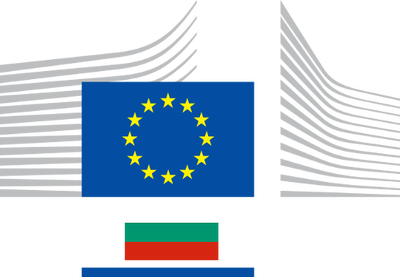
Rumen Georgiew Radew (bulgarisch Румен Георгиев Радев; * 18. Juni 1963 in Dimitrowgrad, Bulgarien) ist der amtierende Staatspräsident Bulgariens. Er ist Generalmajor der Reserve und gewann die Stichwahl zum Präsidenten Bulgariens 2016. Radew ist seit dem 22. Januar 2017 im Amt.[1] Am 21. November 2021 wurde er für eine zweite Amtszeit wiedergewählt.
鲁梅尼-格奥尔基耶夫-拉德夫(保加利亚语:Румен Георгиев Радев;* 1963 年 6 月 18 日生于保加利亚季米特洛夫格勒)是保加利亚现任总统。拉德夫自 2017 年 1 月 22 日起开始任职,并于 2021 年 11 月 21 日再次当选连任。


路易斯·菲利佩·蒙特内格罗·卡多索·德莫赖斯·埃斯特维斯(葡萄牙语:Luís Filipe Montenegro Cardoso de Morais Esteves,1973年2月16日—) [1]是一位葡萄牙政治家,现任葡萄牙总理兼社会民主党(PSD)主席。
蒙特内格罗于2002年至2018年期间担任阿威罗共和国议会议员,并于2011年至2017年期间领导该党的议会小组。在该党2020年领导人选举中被鲁伊·里奥击败后,他于2022年击败豪尔赫·莫雷拉·达席尔瓦,成为社会民主党主席。
在蒙特内格罗领导下,社会民主党与右翼政党CDS-PP达成协议,在2024年葡萄牙立法选举前组成民主联盟。[2]民主联盟在选举中获得最多席位,获得80个席位,比社会党多两个。[3]2024年3月21日,葡萄牙总统马塞洛·雷贝洛·德索萨任命他为总理。他于2024年4月2日就职。
Luís Filipe Montenegro Cardoso de Morais Esteves (* 16. Februar 1973 in Porto), genannt Luís Montenegro, ist ein portugiesischer Jurist und Politiker.[1] Seit dem 2. April 2024 ist er Premierminister von Portugal.[2] Seit Mai 2022 ist er Vorsitzender der Partido Social Democrata. Von Mai 2022 bis März 2024 war er Oppositionsführer im Parlament.

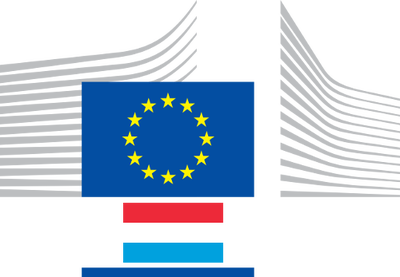
Luc Frieden (* 16. September 1963 in Esch an der Alzette) ist ein luxemburgischer Politiker (CSV) und ehemaliger Kammerfunktionär. Er ist seit dem 17. November 2023 Premierminister des Großherzogtums Luxemburg.
吕克·弗里登(卢森堡语:Luc Frieden,卢森堡语发音:[luk ˈfʀi.dən],1963年9月16日—),卢森堡政治人物、律师,自2023年11月起出任第25任卢森堡首相,基督教社会人民党,1998年至2013年在卢森堡政府担任多个内阁职务,当中又以财政与预算部长任内将卢森堡法郎过渡到欧元,以及财政部长任内率领卢森堡渡过欧洲主权债务危机而知名。另外,他也是卢森堡商会及欧洲商会主席。
2023年初,他当选基督教社会人民党首席候选人,代表社民党参加10月份举行的大选,最终帮助社民党取得大胜,得票率上涨同时,也保住了21个议。2023年10月9日,他受卢森堡大公亨利委托组建政府,11月17日正式接任格扎维埃·贝泰尔出任卢森堡首相[1]。

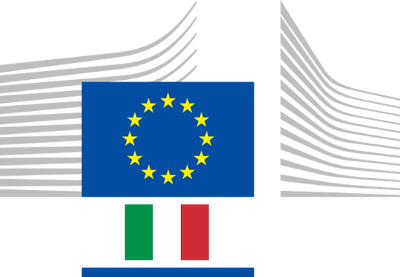
Romano Prodi (* 9. August 1939 in Scandiano, RE) ist ein italienischer Wirtschaftswissenschaftler und Politiker (zunächst DC, dann L’Ulivo, ab 2007 PD). Von 1996 bis 1998 und von 2006 bis 2008 war er italienischer Ministerpräsident. Von September 1999 bis November 2004 war Prodi Präsident der Europäischen Kommission.
罗马诺·普罗迪(意大利语:Romano Prodi,1939年8月9日—),意大利政治家,曾经两度出任意大利总理,曾经担任欧盟委员会主席。[1][2]
他是意大利中左联盟的创始人,也是所谓的意大利第二共和国最杰出和最具标志性的人物之一。由于他的学术生涯,Prodi 经常被别人昵称为 Il Professore(即“教授”)。[3]
普罗迪曾是经济学教授和高盛公司的国际顾问,1996年作为橄榄树联盟的主要候选人参加竞选,赢得大选并担任意大利总理直至1998年。
 政党和政府组织
政党和政府组织

